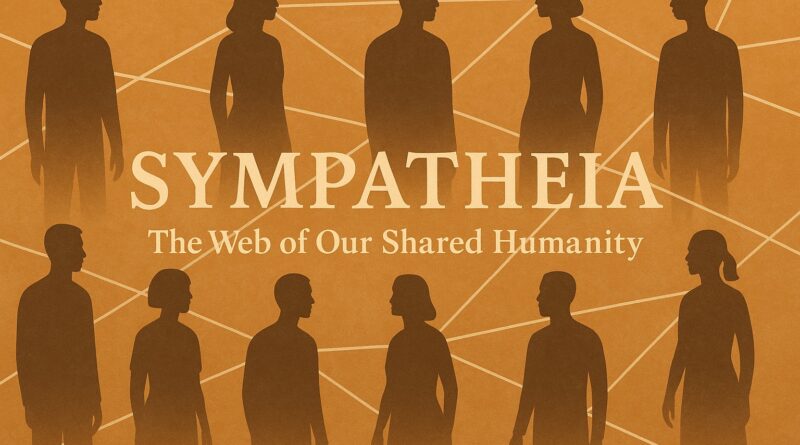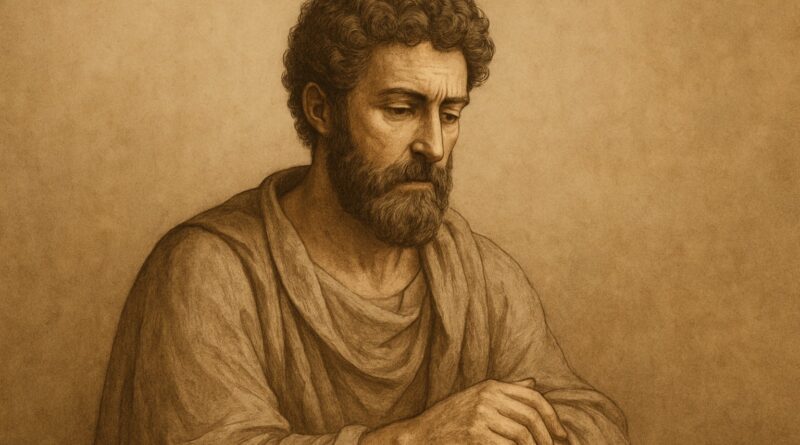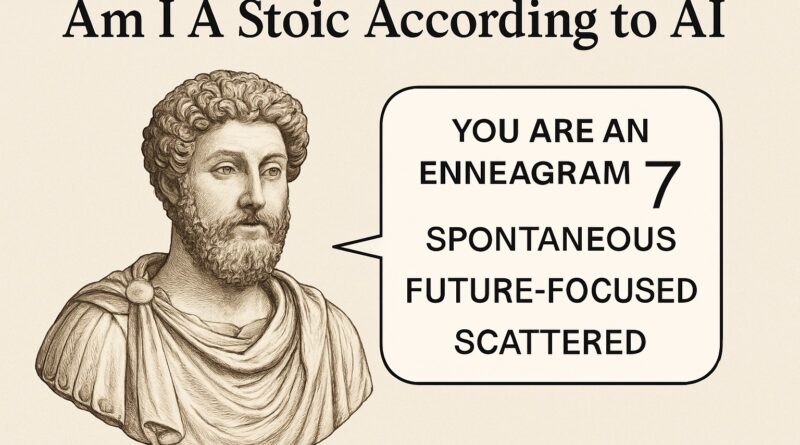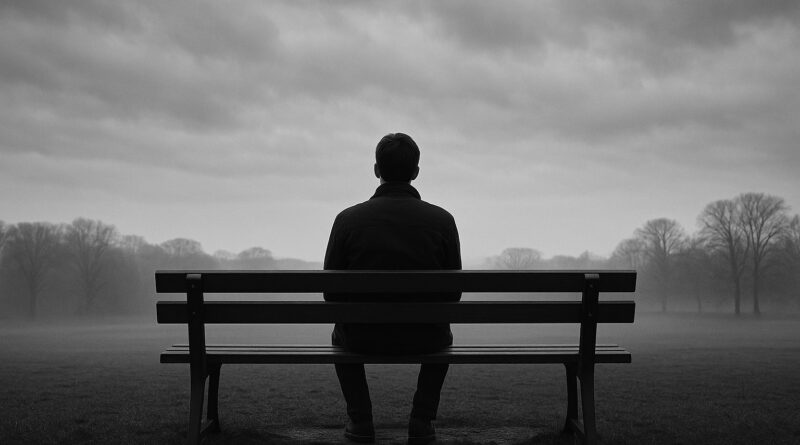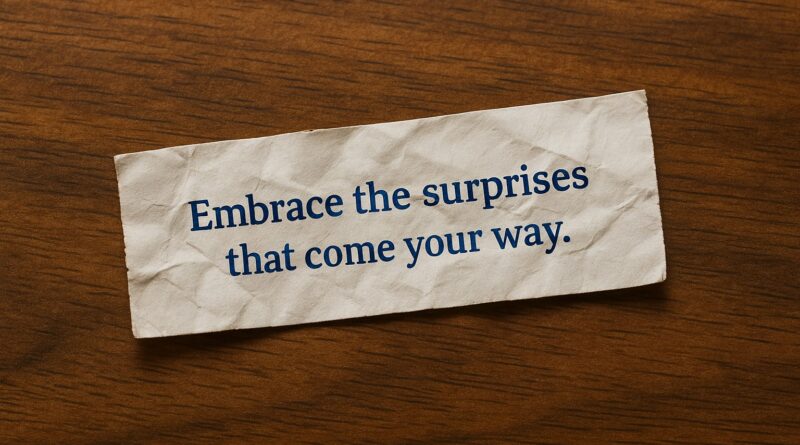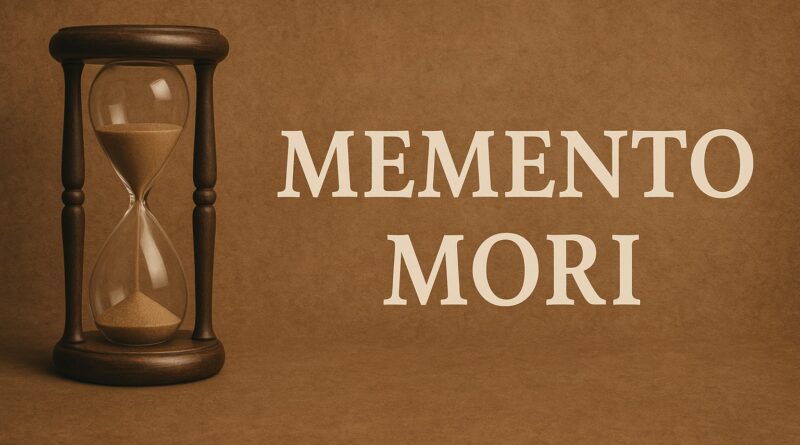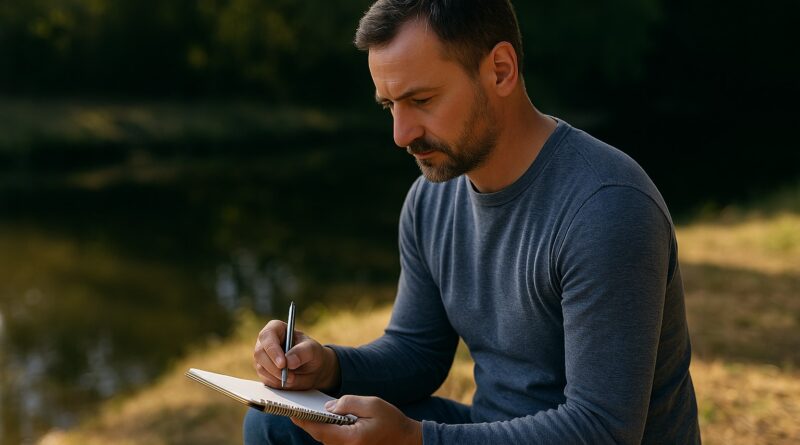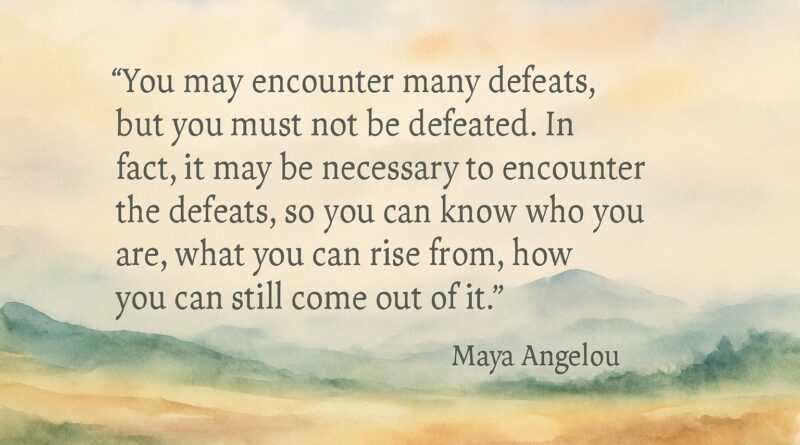Sympatheia — The Web of Our Shared Humanity
There are moments when the illusion of standing alone falls away. Sitting at my mother’s bedside, I watched nurses adjust her blanket, a caregiver whisper encouragement, and my sister lean in to hold her hand. In that small room I saw a truth that philosophy and faith have long tried to teach. Our lives are braided together. The Stoics had a name for this: sympatheia, the recognition that we are bound together in a single web.
Marcus Aurelius urged himself to “meditate often on the interconnectedness and mutual interdependence of all things in the universe.” To him, nothing existed by itself. A hand could not live apart from the body, nor could a person live apart from others. Epictetus called it being a “citizen of the universe.” To forget this bond was to forget who we are.
In our own time, Pope Leo XIV put it this way: “The earth will rest, justice will prevail, the poor will rejoice, and peace will return, once we no longer act as predators but as pilgrims. No longer each of us for ourselves but walking alongside one another.” The Pope’s words echo the Stoics, calling us to remember that the fate of one is tied to the fate of all.
Read more
